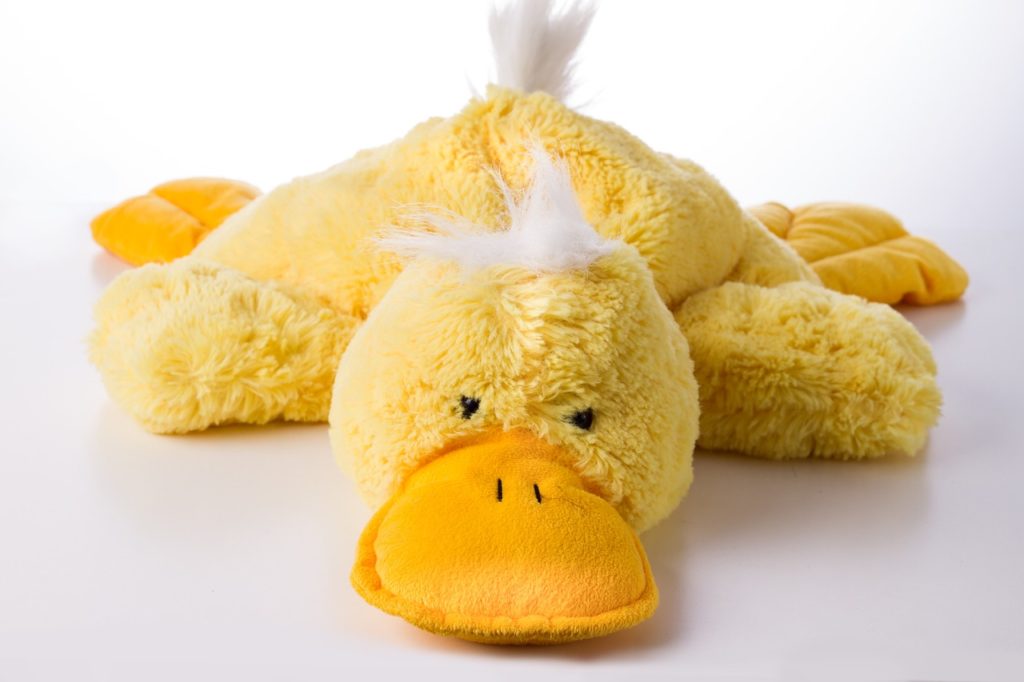*This is part four of Harlie’s story. The rest of her story can be found here:
part one, part two and part three.
In the previous post, Harlie talked about not being defined by her condition. However, this isn’t always easy. It’s especially frustrating when EB has a mind of its own.
Being at the mercy of EB
For example, sometimes Harlie can take all the necessary steps and still have a flare-up for no apparent reason. She talks about the time she planned to go to the Oklahoma State Fair. She knew it meant a lot of walking, so Harlie prepared. She restricted her activities, and choose not to participate in certain events so she wouldn’t add any stress to her feet. She took every preventative measure to keep EB at bay. But despite all her efforts, she had a big flare-up the day before the fair which meant she couldn’t go.
It was so frustrating!! Especially since she made the sacrifices and took every precaution. It made no sense she would have a flare-up. In fact, it was the worst one she’s had in a while and the first bad flare-up her husband has seen.
Moments like this are a heartbreaking reminder that no matter how hard Harlie tries, she’ll always be at the mercy of her skin condition. And after working so hard and doing everything right, that’s frustrating.
Letting go of dreams
But the unpredictability of EB touches every part of Harlie’s life, even her dreams. She talks about wanting to be a veterinarian. As far back as she can remember, this was what she wanted to be. She even used to dress up as one anytime the opportunity presented itself. Everyone who knew her knew she this was her dream job.
So it was exciting when she had the opportunity to shadow a veterinarian when she was in high school. Unfortunately, she couldn’t go through his day without a flare-up. Then the reality sunk in that the physical demands of being a veterinarian would be too much for her skin.
It was frustrating to let go of a dream she had carried for so long and then also to try and figure out a new profession. One that wouldn’t aggravate her skin and was something she enjoyed. Thankfully, God opened up a door for her to become a pet groomer. She still gets to work with animals and it isn’t too taxing on her skin.
Microaggression
Another frustrating aspect of having a rare skin disorder is how society as a whole treats her. Unfortunately, this is a common occurrence among those with invisible or non-apparent disabilities.
It’s generally referred to as microaggression. Diversability, an online community consisting of disabled people and people who care for them, explains it this way:
Microaggressions are “a comment or action that expresses a prejudiced attitude toward a member of a marginalized group”. They are often subtle, unconscious, or unintentional, but do equal amounts of damage as open discrimination. They perpetuate inaccurate and harmful stereotypes, lead to alienation and exclusion in any setting, and even induce Imposter Syndrome, anxiety, depression, and other mental health issues.
Examples of microaggression
- It was the looks Harlie used to get as a kid when she limped and people assumed she was doing so as a way of seeking attention.
- It was the instructor who didn’t believe her when she said she was unable to run barefoot. He assumed she was trying to get out of running.
- It was the critical looks of people in grocery stores when her mom allowed her to ride the motorized shopping carts.
- It was doctors not believing EB was a real condition.
- It’s people commending her for being brave for living her normal.
- It’s the frustration of always having to prove your disability.
Shame
These are some of the frustrations of having a non-visible disability. It’s actually the perfect condition for shame to thrive. In the next couple of posts, Harlie will share her experience with shame.
